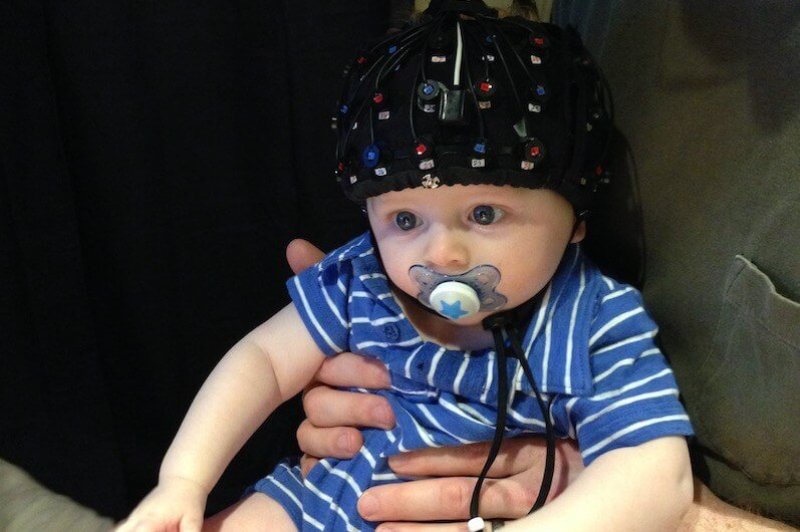The part of the nervous system that regulates heart rate and breathing is involved in autism, a new study suggests.
Specifically, the changes in heart rate that ordinarily accompany breathing are slow to develop in autistic children.
Heart rate usually speeds up slightly as a person inhales and slows as she exhales. These fluctuations, known as respiratory sinus arrhythmia (RSA), serve as a proxy for the activity of the autonomic nervous system, which regulates heart rate and breathing, among other functions. The fluctuations are also important for regulating emotions and attending to social cues.
The new findings suggest that the autonomic nervous system is impaired in children with autism at around the same time as the condition’s core traits emerge, says lead investigator Stephen Sheinkopf.
…
Autistic children, on average, have a diminished RSA from 18 months to 5 years of age compared with controls, the researchers found. And the amplitude of the RSA increases more slowly in autistic children from infancy to age 6 than it does in controls.
As expected, heart rate decreases with age in both groups of children, but it does so at a slower rate in the autistic children.
Read full, original post: Nerves that control heart rate may contribute to autism































